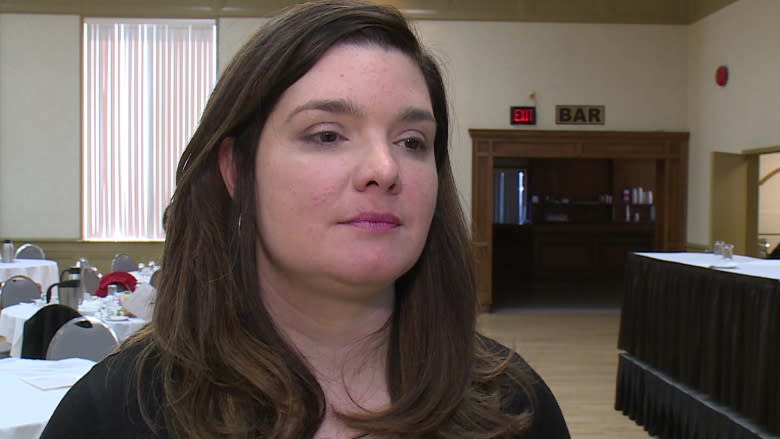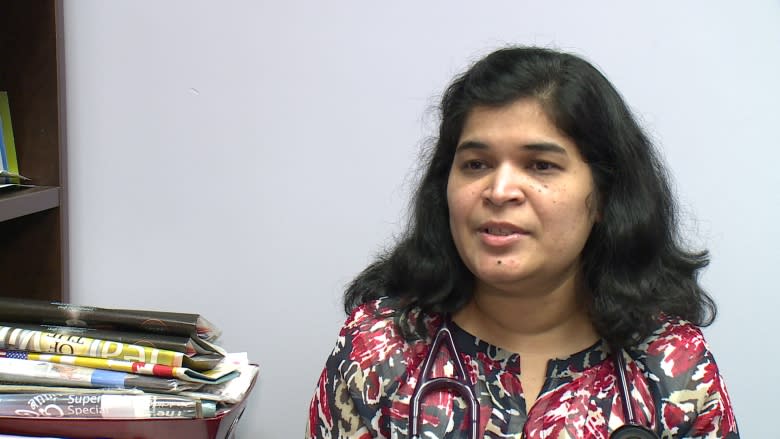Language a barrier to proper health care for Windsor's newcomers
Language is a barrier to providing quality health care to newcomers in Windsor, according to the local health unit and the multicultural council.
Navigating the health system is a challenge faced by many people with limited English skills, said Camila Alves, the community diversity educator for the Multicultural Council of Windsor.
"It can be very dangerous for a patient," said Alves who spoke at a conference Tuesday addressing the topic along with members from the Windsor-Essex County Health Unit and the medical community.
"That's a major issue for newcomers and immigrants, where to go, who to look for," said Aves. "What research shows and what the LHIN has done with it is that newcomers end up waiting the longest time in order to seek assistance and end up in emergency departments."
Alves said in order to improve the situation, there needs to be a long-term commitment to breaking down the language barrier from all parties involved.
While hospitals receive funding for language services, private practices do not, so the cost gets passed onto the patient, who usually cannot afford it.
"The question becomes who is going to pay for it. It's different than a public institution like a hospital, the cost becomes externalized to the patient…so the patient may be deferring treatment because of that," she said.
According to Alves professionally trained interpreters who work through the Multicultural council charges $79.10 for a minimum of two hours.
She said the full two hour fee is still charged even if the session doesn't last as long.
More language services needed in private clinics
Dr. Erona Raza, a family doctor at the Jackson Park Health Centre in Essex County, agrees language is a barrier to accessing proper healthcare.
She's fluent in Bengali, and understands Urdu and Hindi.
"My mother tongue is Bangali," she said. "I have quite a few couples from there. They Google and found I speak Bangali and they come here."
But Dr. Raza said patient care is challenging when there's a language barrier.
"People from China or Japan, it can be an issue," she said. "So they bring their spouse or friend who can speak English."
However, when there isn't someone to translate, some patients end up cancelling appointments, said Dr. Raza.
"They cannot express themselves, they feel timid," she said. "It would be definitely beneficial if I had someone available, an interpreter who could go to clinics, who we can set up and call.'
Dr. Raza agrees with Alves that the service is costly and not a fee newcomers could cover.
"Newcomers do not have financial capability to private costs for those services so definitely funding would be needed for them," she said.



